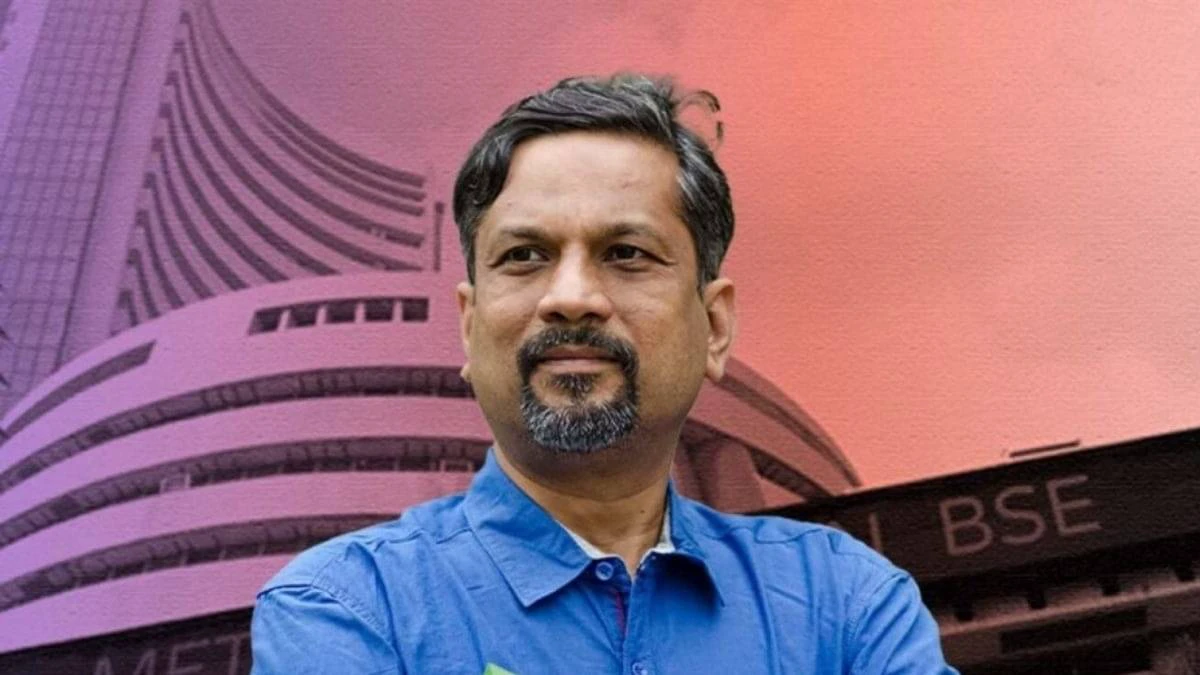Zoho Corporation founder Sridhar Vembu, in a bold and sweeping post on X, has denounced the intellectual underpinnings of India’s corporate mindset and demanded a radical rethink based on production-first economics.
Referring to China’s evolution from a low-cost production hub into an industrial and technological giant globally, Vembu called upon India to learn from China with “the studiousness of a student,” instead of keeping on borrowing concepts from American business schools that he holds responsible for U.S. industrial weakness.
“We in India must study China like a diligent student. Unfortunately, the ideas that dominate the Indian corporate world are still mostly from American business schools (and often Indian professors!),” Vembu wrote. “It is those business schools that caused the decline of American prowess by teaching spurious doctrines like ‘shareholder value.”
Bottom Of Pyramid Theory
Targeting the late management guru C.K. Prahalad’s seminal theory of “the fortune at the bottom of the pyramid,” Vembu labeled it intellectual confusion and perilous policy guidance. “The only prosperity at the bottom of the pyramid is derived from converting the poorest of the people into producers, and not consumers,” he said.
The billionaire businessman further added that this misunderstanding continues to afflict policymaking in the present day – particularly with regards to how rural financial inclusion frequently gets oversimplified to forcing even more debt on already debt-ridden communities.
“What our poor citizens need is the opportunity for productive work, first and foremost: jobs, jobs, jobs. Consumption only after production. Expense only after income,” Vembu stated, warning that “bad philosophy is extremely costly to people and nations.”
He contrasted China’s production-led ascent with India’s misplaced emphasis on Western consumption-driven models, urging a closer look at economic philosophies that value production, industrial capability, and jobs.
In a dramatic finish, Vembu stated he is organizing an “industrial pilgrimage to China” to directly study the success of the country – a step that reflects his admiration for China’s bottom-up change through factory-led rather than debt-supported consumption.
